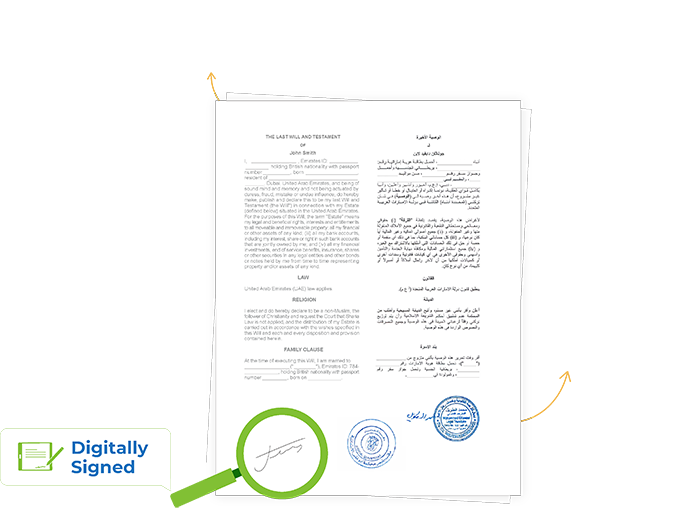Recent Reviews

Prashant S
The team is professional, responsive and supportive along the way. I interacted with Mr. Shayar, and he was a pleasure to work with.
Steve
Great communication and everything explained and kept simple....
Prakash Asnani
very satisfied & highly recommend service's offered...
Prashanth R
Very satisfied with the professional services rendered. Prompt support and information was provided whenever asked and the document registration process...
Glenn Gomez
Excellent service and very professional… easy to use and great staff. Highly recommend the team….
Hamad Baroun
I am really grateful I had the chance to have their legal services....
Michael Cairney
Generating and lodging a Will in the UAE as a British ex-pat...
Naser Saboonchi
Mohd called immediately and explained the process and reviewed the application submitted.
Karam
Legal Inz dealt with my request in less than 24 hours and were diligent to ensure the power of attorney met all of my requirements.
Vineet Pathak
They are very professional people and provided a high quality...
Tony Berkman
Great experience with this company - everything was done fast...
Alishia Chotu
I highly recommend Legal Inz. Their service was outstanding, professional and simple to work with. Karan was particularly good and helpful.
Neelu Agarwal
The team is accessible , patient and very courteous. They are not pen pushers and don’t waste time. They are respectful and mindful of their clients...
Rakesh Kabra
Very efficient and friendly staff. All work done professionally...
Ali Hasany
They are quite good in what they do and very supportive for me...
Shinil
It was good experience with Leal Inz. I got clear information for the preparation of legal documents. Professional customer support.





















 verified reviews
verified reviews
